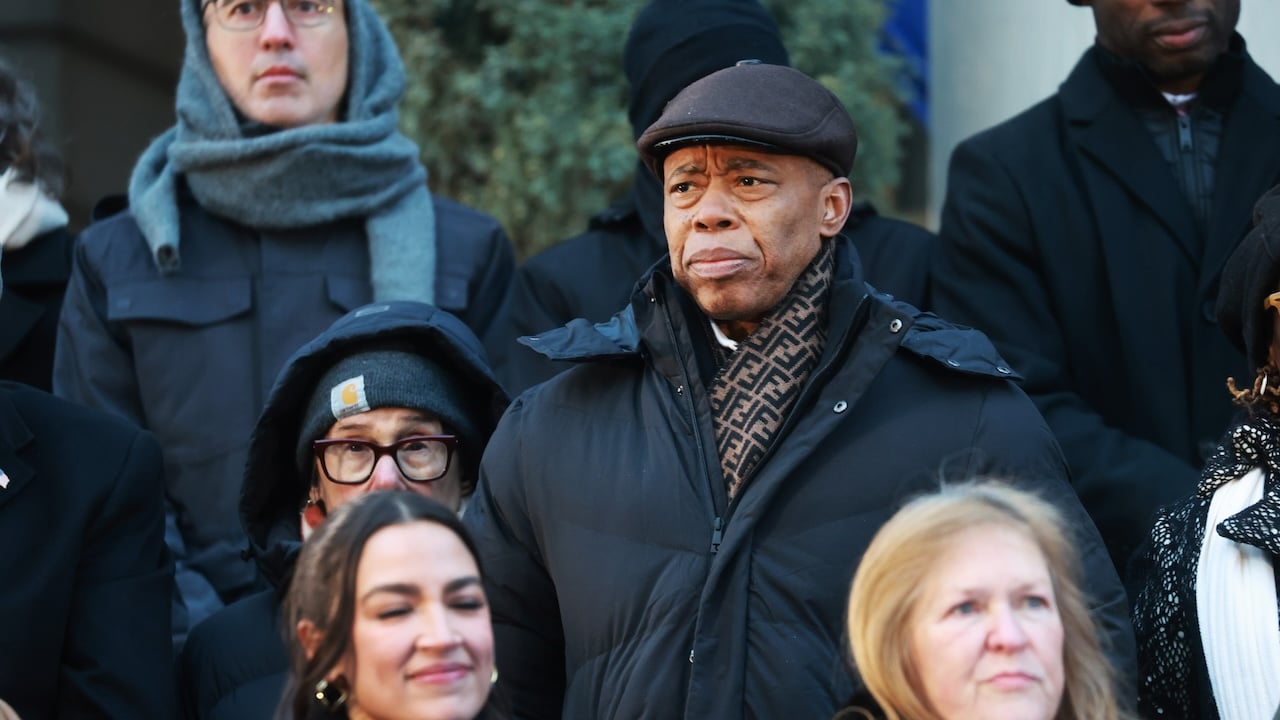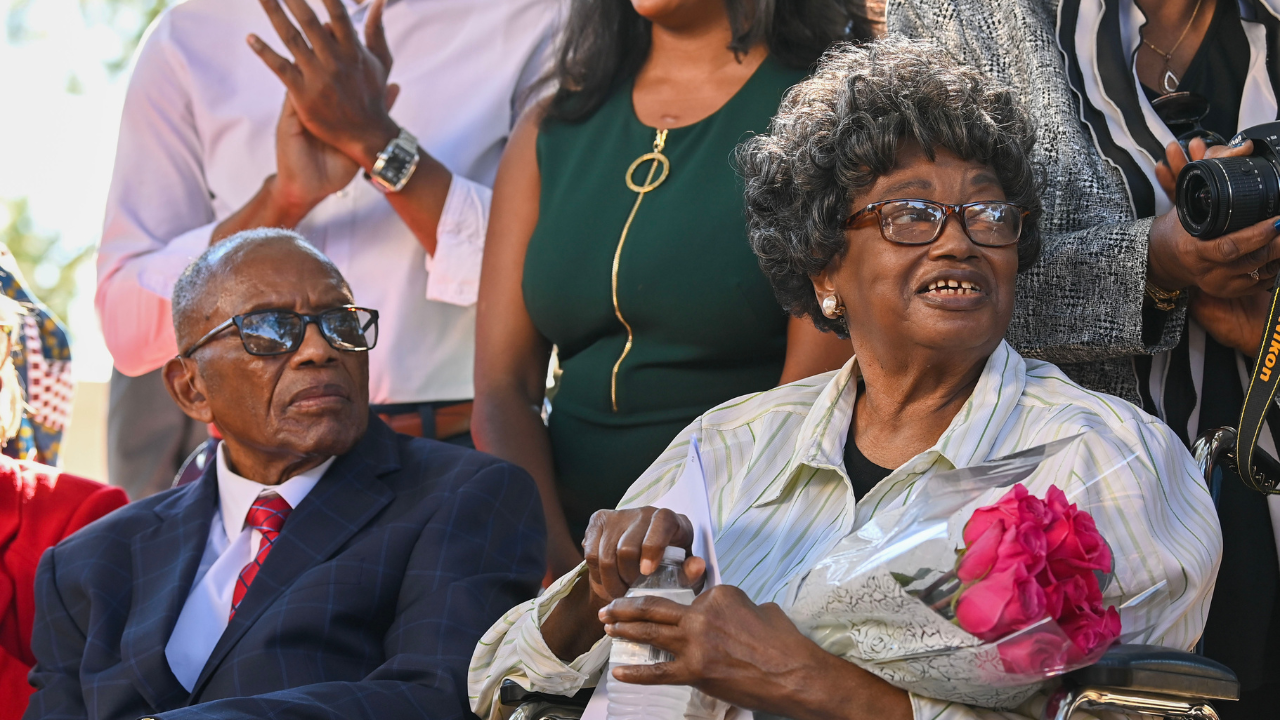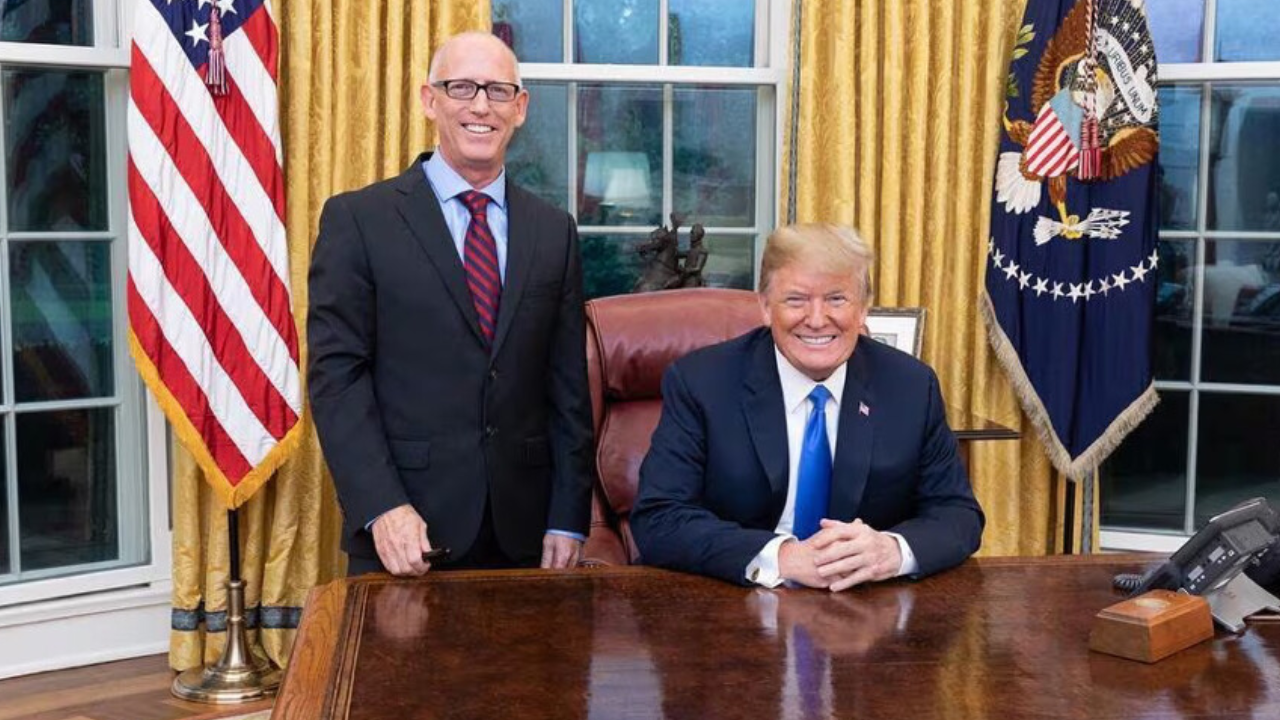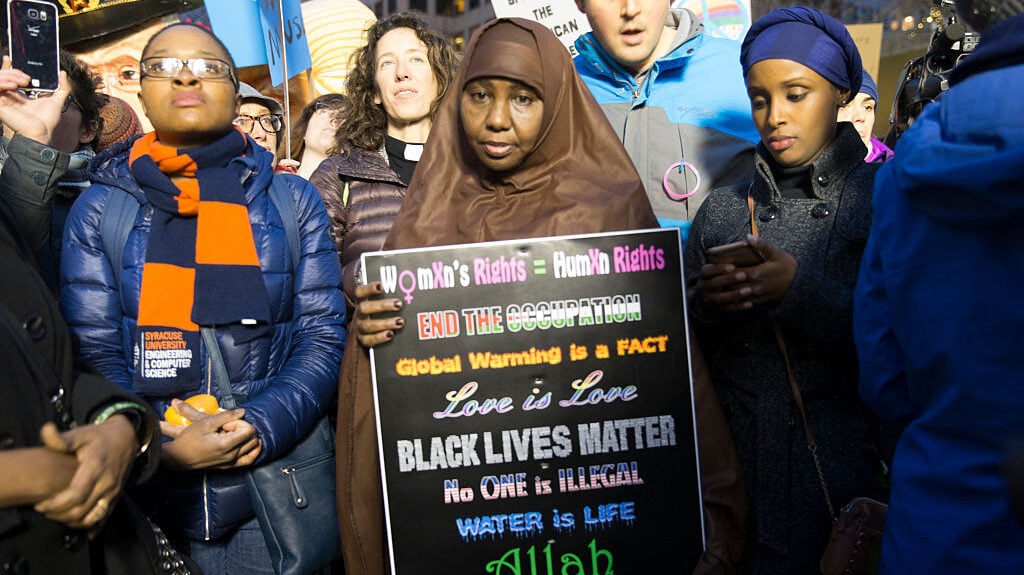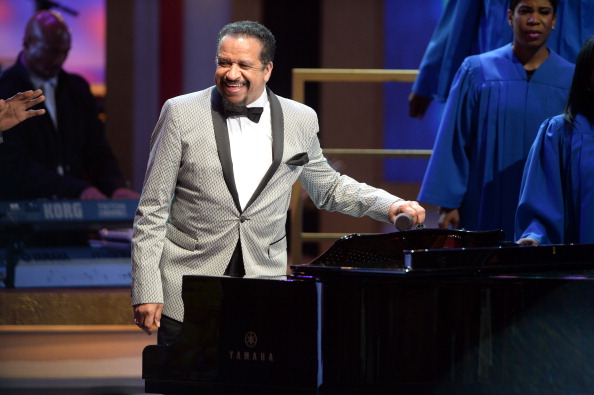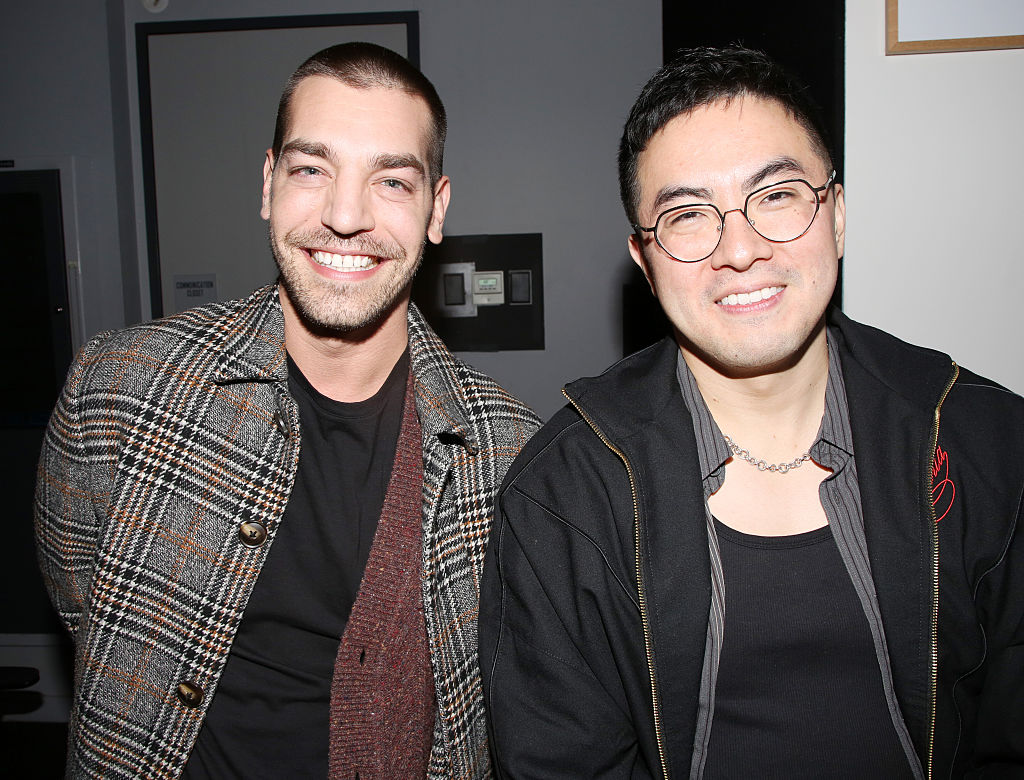Reassessing My Relationship With Profanity: Trying To Cuss Less (And Parent Better)


Look, I’m not gonna lie. I cuss a lot.
In fact, my use of profanity has historically bordered on the poetic. I have a preternatural ability to string together bad words to add a flourish to just about any point that I need to make. My ability to curse is, frankly, a gift.
It’s rhythmic. It’s musical. I’ve delivered expletives with the kind of cadence that would make a Baptist preacher jealous. I can lace a rant so artfully that Samuel L. Jackson himself would nod in admiration.
But when you live with two children and you’re doing your best to try to be a good example and a better man, all that cussin’ ain’t helpful.
A little while ago, my partially verbal eight-year-old dropped a bag of chips on the floor and yelled, “Fox!” Sure, she could have been talking about Zootopia. But let’s be real: between sitting in traffic, talking on the phone, trying to fix something, or watching Liverpool matches, this little girl has probably heard me use the F-word more than she’s heard me bless my food.
My teenager, on the other hand, has become so immune to my expletive-laden ranting that she can tell by the tone and the tempo of how I say “$#!+” exactly what kind of S-word situation is unfolding.
S-word with one clap and preceded by “Oh” is bad.
S-word with two claps and a drawn-out “Awww” before it is good.
She doesn’t even flinch anymore. She just rolls her eyes, puts her headphones back on, and goes back to ignoring me.
At this point, I think my profanity has stopped being language and started becoming punctuation.
But my real linguistic vice isn’t just the four-letter words. It’s the word. You know the one.
Because if there’s one word I’ve historically used in excess during my 47 years on this planet, it’s the N-word.
I’ve deployed it across the entire spectrum of grammar. Noun? Check. Verb? Absolutely. Adjective, adverb, pronoun, interjection? All of the above. It’s been my linguistic Swiss Army knife. A linguistic tuxedo, if you will; over the top, yes, but always somehow acceptable.
It can be a compliment or a complaint. A laugh or a lament. It’s shorthand for solidarity and shade alike. It can express everything from deep frustration to unbridled joy. I’ve used it to describe people, pets, plants, furniture, weather patterns, political parties, you name it.
Nothing really lands like, “This N-word right here…”

It’s a word that was weaponized against us, but, through some alchemy of Black creativity and survival, has been re-forged into a dagger that’s uniquely ours. A defiant remix of the English language.
We might not be able to join their country clubs, but Elon Musk is damn sure willing to spend $50 billion just to be able to say it online. That’s power of a sort.
And yet, for as much as I’ve relished tossing it around in conversation, shouting it in solidarity during my favorite rap verses, or muttering it at my television throughout the vexations of the Trump years, I’m starting to realize it might be time to let it go.
Not because I’m becoming self-righteous. Not because I’ve been baptized into Hotep orthodoxy. Not because I’ve suddenly renounced the culture.
Nah. I’ve got to let it go because the people who live in my house, my daughters, just can’t relate to it.
My kids have been raised in the bosom of the Black community. They’ve been wrapped in the rhythms of our culture from birth. My teenager has strong opinions about collard greens. My youngest can identify Earth, Wind & Fire songs by their opening horns.
They know who they are. But when it comes to the N-word and the S-word that comes with it, they’re blissfully clueless.
And I kinda want to keep it that way.
Not because I think they’re “better than that.” But because I want them to aspire to a different self-image.
Let me put it another way: being an N-word might be a default, but it should never be a destination.
When I look at my daughters, I see so much Black potential. I see power, creativity, curiosity, and grace. But I don’t see N-words.
And I don’t want them to see themselves through that lens either… even affectionately, even ironically. I want them to reach for something higher, freer, more unburdened.
Because I grew up in a time when being called a “real N-word” was a form of endearment, shorthand for authenticity and survival. But for them, that label isn’t liberation, it’s limitation.
I’m not naive. Language is culture. It carries memory and meaning. The N-word has lived many lives: from slur to subversion to solidarity to saturation.
But at this point, it feels like it’s losing the weight of its transformation. We’ve mainstreamed it so thoroughly that it’s become… casual. Disposable. A cultural commodity. Something to sell.
And that’s what makes it dangerous.
Because when a word built out of resistance becomes ordinary, we risk forgetting what we resisted in the first place.

My generation, Gen X, learned to wear irony as armor. We could cuss, clown, and code-switch our way through racism and other generational traumas. But our kids? They don’t have the luxury of irony. They’re growing up in an age where the stakes are existential; where language can make or break identity, careers, and safety.
They don’t need me handing them vocabulary that’s half-loaded with trauma and half-laced with bravado. They need new words, new meanings, new ways of being.
Here’s the truth: parenting is just a long series of self-interventions. You start out thinking you’re shaping them, and somewhere along the way, you realize they’re reshaping you.
My kids have become a mirror I can’t ignore. Every time my youngest parrots a syllable I shouldn’t have said, or my oldest side-eyes me mid-rant, I hear it. Not just the profanity, but the energy behind it.
And it’s made me ask: what am I really teaching them?
I’m not just teaching language. I’m teaching response. How to handle frustration. How to express anger. How to name what hurts.
If every reaction comes wrapped in profanity, I’m not modeling power, I’m modeling volatility.
I want them to see that emotional articulation is a strength, not a luxury. That words are tools, not just weapons. That vocabulary is a form of agency.
That of which you speak is that which you will become.
Every generation refines the language it inherits. Our grandparents cleaned up their speech to sound “respectable.” Our parents loosened the collar and embraced the vernacular. We turned profanity into poetry and made a profit.
But our children? They’re inheriting a world where language is infinite and instantaneous, where everything said can be clipped, shared, and replayed forever.
They can’t afford to play loose with words because the world won’t give them the grace we were given.
That’s why I’m trying to break my own linguistic habits; not out of guilt, but out of love.
Because if words build worlds, I want the world they inherit to be one where Blackness is expansive, not defensive.
I don’t want them to feel they have to reclaim words that should never have existed in the first place. I want them to spend their time inventing new ones.
Letting go of language that’s been part of my cultural DNA doesn’t mean letting go of culture itself. I’m still going to bump “Reasonable Doubt” and “The Infamous.” I’m still going to quote “Black Dynamite” and “The Boondocks.”

But I’ve realized that repeating everything I grew up with isn’t the same thing as preserving it. Part of reverence is moving on.
Culture isn’t meant to be taxidermy. It’s meant to evolve.
The institutional N-word S-word habits stop with me. Because being an N-word around my daughters is like secondhand smoke; it lingers, even if I didn’t mean for it to. But being an N-word to them? That’s like handing them the pack of Newports myself. One is careless; the other is cruel.
I’d rather they inherit the best of what I’ve been… the wit, the rhythm, the honesty… without the residual self-limitation.
I’m not promising I’ll never cuss again. I’m human. Traffic exists. Liverpool still loses games they shouldn’t. DoorDash is gonna get the order wrong from time to time.
But I am promising to be more intentional about my words and to treat language like the instrument it is.
Because every time I manage to swap out an F-bomb for a deep breath, or replace a tired N-word with an actual noun, I’m not just censoring myself. I’m evolving.
And maybe that’s the real lesson my kids need; not that they think their father is perfect, but that he’s willing to grow. That he could look at himself honestly and decide that evolution was better than nostalgia.
Because ultimately, language shapes how we see the world. And if I can help my daughters see theirs as limitless, unbound by the vocabulary of oppression or anger, then that’s the best word I’ll ever speak.
Not saying that who I’ve been is bad. But I am saying that clutching the totems of the past isn’t going to do much to build a bridge to the future. They have more tomorrows than I do, so I can’t weigh them down with talk from my yesterdays.
Maybe they’ll inherit a world that doesn’t demand code-switching as survival, or profanity as punctuation.
Maybe they’ll build a new lexicon, one that doesn’t need to reclaim pain to prove power.
And maybe, just maybe, the next time I drop a bag of chips on the floor, my eight-year-old will look at me, sigh, and say,
“Dad… deep breath.”
And hopefully, by then, I’ll be able to take her advice.
Corey Richardson is originally from Newport News, Va., and currently lives in Chicago, Ill. Ad guy by trade, Dad guy in life, and grilled meat enthusiast, Corey spends his time crafting words, cheering on beleaguered Washington DC sports franchises, and yelling obscenities at himself on golf courses. As the founder of The Instigation Department, you can follow him on Substack to keep up with his work.
SEE ALSO:
No Ordinary Love: What You Should Know About Being An Autism Dad
When They Grow Up: Preparing Our Children For The Post-Career Future
What's Your Reaction?
 Like
0
Like
0
 Dislike
0
Dislike
0
 Love
0
Love
0
 Funny
0
Funny
0
 Angry
0
Angry
0
 Sad
0
Sad
0
 Wow
0
Wow
0




